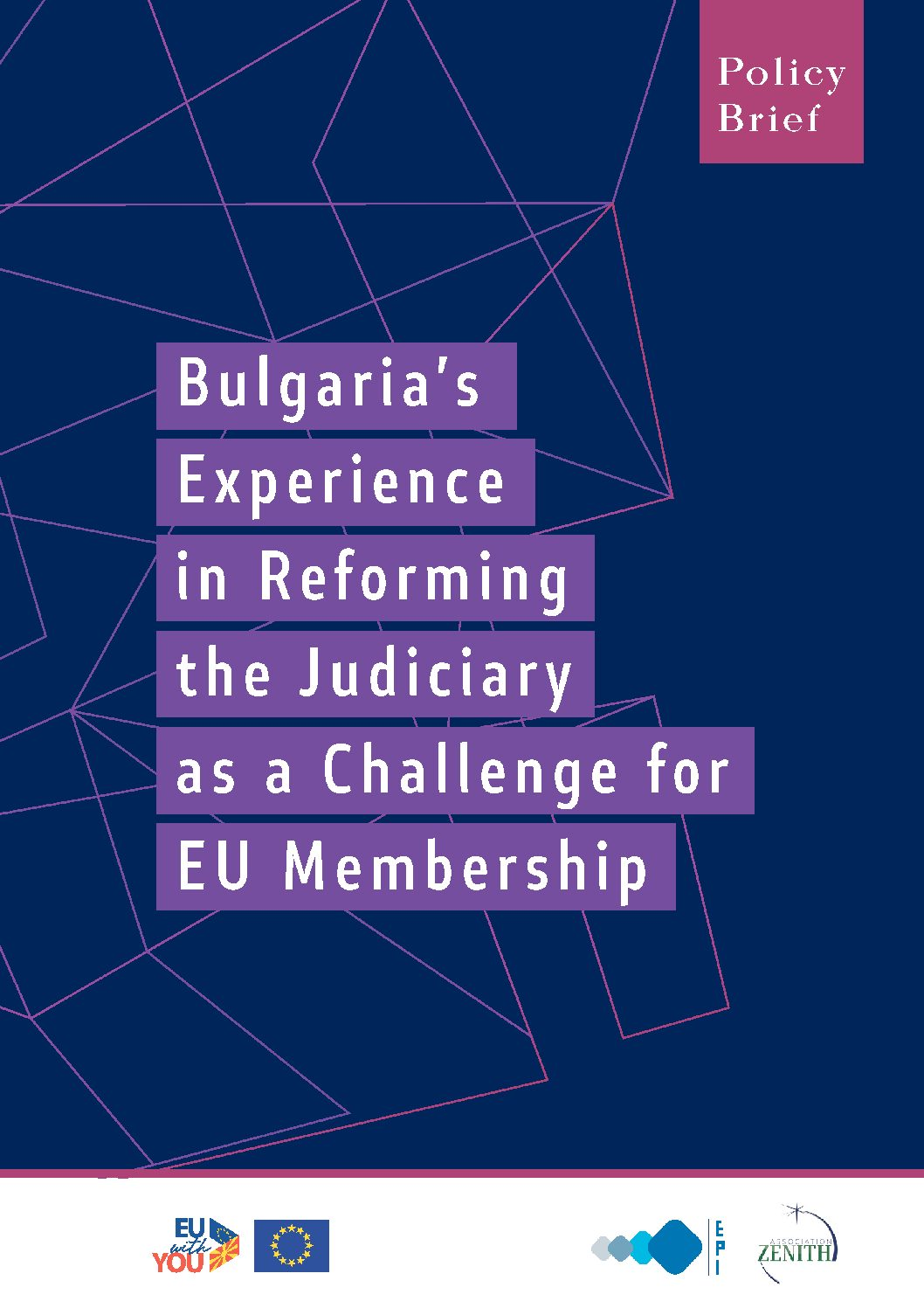The process of reform of the judiciary in Bulgaria is still ongoing, with no establishment of a solid and clearly defined framework for the judicial system or consensus amidst political parties, the judiciary, and the public on the concept for the development of the setup and organisation of the judicial system in sight. The role and place of the prosecution and investigation against the Prosecutor General and deputies thereof are the issues that fuel most of the debates and are a source of perpetual disagreement. The road towards the resolution of those fundamental issues spreads across the metaphorical minefield that is the legacy of prior amendments, including judgments of the Constitutional Court. The experience of Bulgaria indicates that the consensus of parliamentary parties alone is not sufficient to effect reforms as parliamentary representation tends to be too dynamic, especially in times of crises that follow one after another. A much broader agreement is required, and civil society and professional organisations in the area of the judiciary need to be instrumental to achieve this.
This document was developed under the Project Partnership Justicia – Regaining Citizens’ Trust, funded by the European Union, through the Central Funding and Contracting Sector at the Ministry of Finance of the Republic of North Macedonia. The contents of this document do not reflect the official opinions and positions of the European Union. Responsibility for the information and views expressed in this document lies entirely with the authors.

